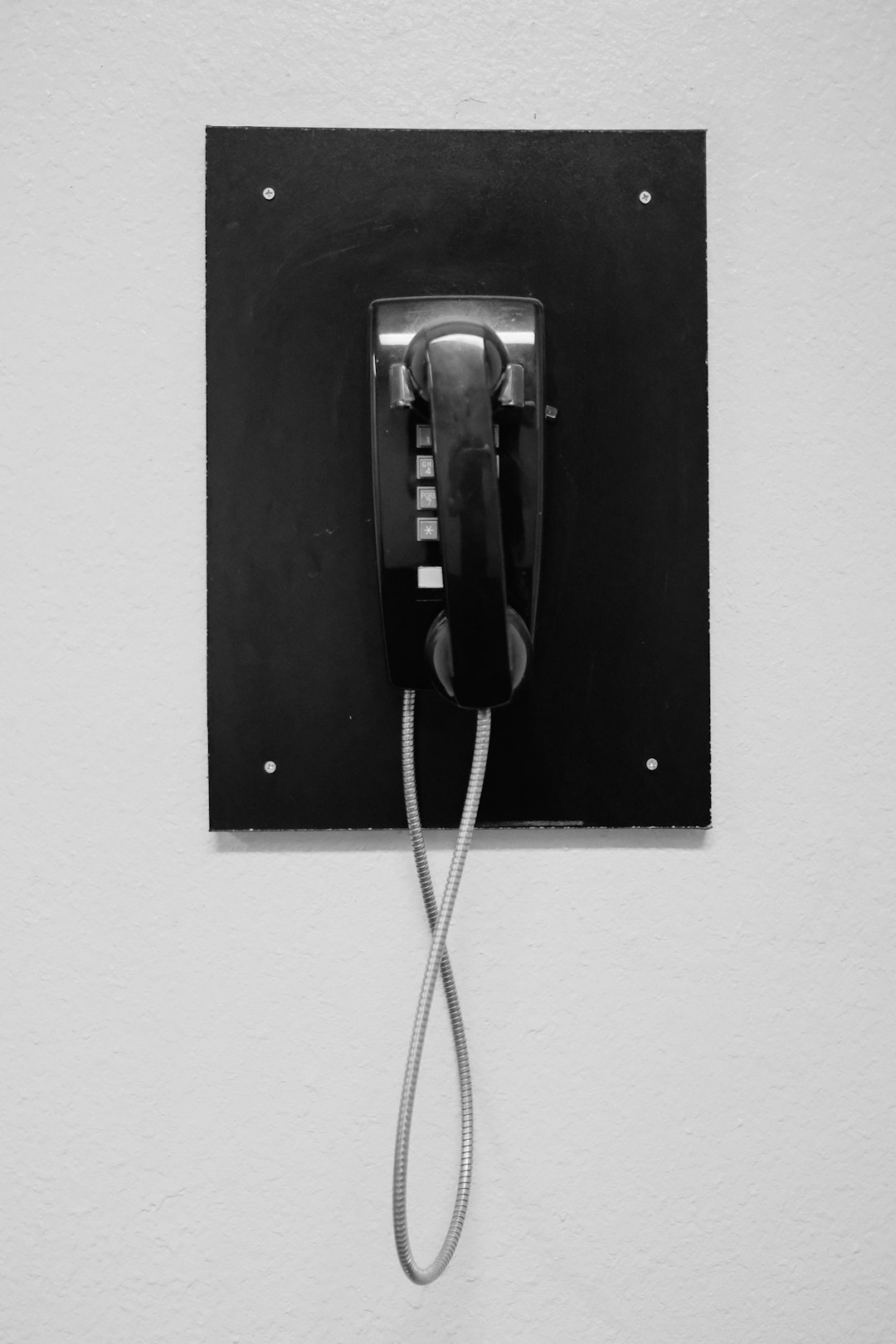In Utah, an epidemic of robocalls impacts residents' daily lives and safety, ranging from marketing to fraudulent activities. Law enforcement and telecom companies struggle to cope, highlighting the urgent need for a coordinated response. State agencies, collaborating with federal entities like the FCC and robocall lawyers Utah, employ regulatory measures, consumer education, and stricter guidelines to combat these unwanted calls. Advanced call blocking technologies and consumer education programs have been successful, with robocall lawyers Utah playing a key role in shaping legal expertise. A unified approach using shared resources and data analytics holds immense potential to effectively tackle the robocall crisis nationwide.
In Utah, the relentless surge of robocalls has become a significant concern, impacting millions with unwanted calls from telemarketers and scammers. This article delves into the collaborative efforts between state and federal agencies to combat this growing crisis. From understanding the scale of the problem to exploring regulatory measures and federal interventions, we examine strategies aimed at protecting Utah residents from robocall lawyers and other nuisance callers. By presenting success stories and future prospects, we highlight the power of a unified approach in creating a quieter, safer communication environment.
Understanding the Robocall Crisis in Utah: Impact and Challenges

In Utah, the robocall crisis has reached alarming levels, affecting countless residents daily. Automated phone calls from unknown sources, often referred to as robocalls, have become a significant nuisance and even pose security risks. These calls can range from marketing messages to fraudulent schemes, leading to increased stress and financial losses for many Utahns. The sheer volume of robocalls has made it challenging for law enforcement and telecom companies to keep pace, highlighting the need for a coordinated response.
The impact is far-reaching: from annoying interruptions during personal time to potential identity theft and scam attempts. Robocall lawyers in Utah are increasingly seeing cases where citizens fall victim to these fraudulent activities. The state’s unique demographics and communication patterns make it an attractive target for robocaller operations, necessitating a strategic and collaborative approach to mitigate this growing crisis.
The Role of State Agencies: Regulatory Framework and Efforts

In the battle against pervasive robocalls, state agencies in Utah play a pivotal role in regulating and mitigating this growing concern. These agencies are tasked with establishing and enforcing laws designed to curb the flood of unwanted automated calls that have become a nuisance for many residents. By leveraging their regulatory powers, they create a robust framework to combat robocallers, often collaborating with federal entities for more comprehensive solutions.
Utah’s state agencies have implemented various strategies, including stricter guidelines for call documentation and improved consumer protection laws. They actively engage in public awareness campaigns, educating citizens about their rights and the legal repercussions of making or receiving fraudulent calls. Moreover, these agencies work closely with robocall lawyers Utah to develop cases against offenders, ensuring that violators face meaningful consequences. This multi-faceted approach not only protects consumers but also fosters a collaborative environment to tackle this complex issue at both state and federal levels.
Federal Agency Intervention: Laws, Resources, and Collaboration Strategies

In the ongoing battle against robocalls, federal agencies play a pivotal role in enforcing regulations and providing resources to support state efforts. The Federal Communications Commission (FCC) is at the forefront, armed with laws like the Telephone Consumer Protection Act (TCPA), which restricts automated calls without prior consent. These laws empower robocall lawyers Utah to take action against violators, ensuring consumer protection.
Collaboration strategies between federal and state agencies involve sharing data, resources, and best practices. By pooling their expertise, they can identify patterns, trace the origins of robocalls, and deploy targeted interventions. Such partnerships are crucial in combating sophisticated fraud schemes, as they allow for a more comprehensive and effective approach to silencing these pesky calls.
Success Stories and Future Prospects: A Unified Approach for Utah

In recent years, Utah has emerged as a leader in combating robocalls through collaborative efforts between state and federal agencies. These partnerships have yielded significant success stories, such as the implementation of advanced call blocking technologies and robust consumer education programs. Robocall lawyers Utah have played a pivotal role in these initiatives, providing legal expertise to enhance regulatory frameworks and protect citizens from deceptive calls.
Looking ahead, a unified approach continues to hold immense potential. By leveraging shared resources, data analytics, and innovative solutions, state and federal entities can further streamline their strategies. This collaboration ensures a comprehensive and effective solution to the robocall crisis, not just in Utah but across the nation, ultimately empowering residents with peace of mind and safety from unwanted and malicious calls.






